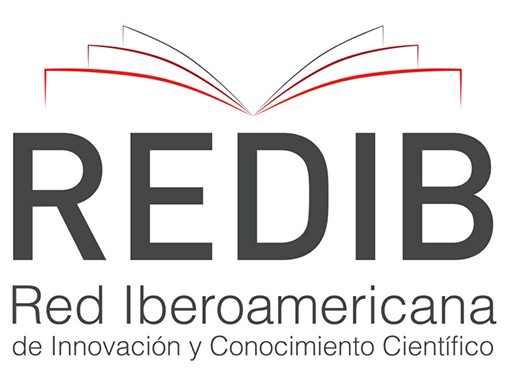RESEARCH FOR LIPA AND APRX GENES IN Corynebacterium bovis SAMPLES, AND ITS GROWTH UNDER REFRIGERATION.
Keywords:
Corynebacterium bovis, mastitis, aprX, lipA, growthAbstract
Some microorganisms frequently found in the raw milk of mastitics animals have the hability of multiplying in low temperatures, being called of psychotropic, and in this group, some have still the capacity to produce term steady enzymes that degrade proteins and fats, promoting relevant alterations in long periods stored milk. The present study aimed to determine if Corynebacterium bovis has the capacity to multiply in low temperature and if it had aprX and lipA genes, producing enzymes that degrade proteins and fats of the milk stored by long periods of time. The agent was incubated by 10 consecutive days in refrigeration, varying between 0.7 to 4ºC, and daily reading of absorbance (A) in spectrophotometer each 24 hours (M0 to M9 moments). The gene presence was accomplished with polimerase chain reaction (PCR). The results revealed that C. bovis is capable to multiply under refrigeration after 120 hours of incubation as observed between the moments M5 (A=0.264) and M6 (A=0.297) where P<0.05 confirming as psychotropic agent. In the other hand the studied microorganism doesn't possess the lipA and aprX genes, therefore it is not capable to produce the enzymes codified by these genes, what doesn't mean that C. bovis doesn't possess genes for the production of other degrading enzymes, don’t researched in the present study. This suggests that new studies of the genome of this microorganism are necessary, to elucidate this agent's true paper in the alteration of the quality of the milk and of their products.
Downloads
Published
How to Cite
Issue
Section
License

Este obra está licenciado com uma Licença Creative Commons Atribuição-NãoComercial 4.0 Internacional.











